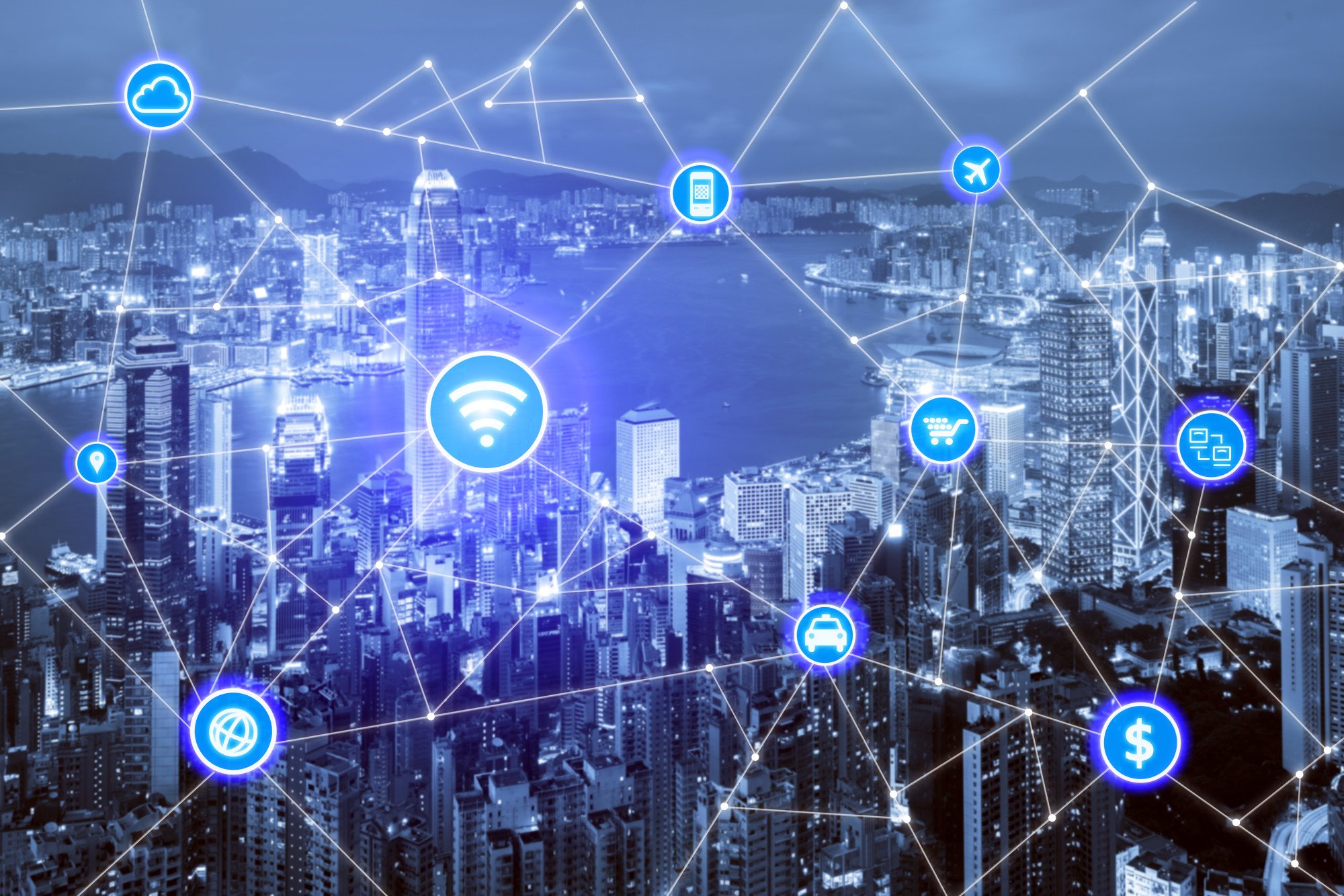
Hong Kong’s smart city ambitions being hurt by public mistrust of government, China Conference analysts say
- Privacy fears over collection of data from Covid-19 ‘Leave Home Safe’ app highlighted as evidence of lack of public confidence in officials
- Panellists say better communication over benefits of technology can help reduce future misunderstandings
Olivia Lai, managing director of the Hong Kong division of think tank Global Institute For Tomorrow, said the app was useful for contact tracing and keeping Covid-19 cases in check, but did not collect as much personal data as some residents think.
“This is an example where there seems to be a breakdown in communication and this inherent lack of trust in society led a lot of people to assume if [they] download this app, it’s going to take all [their] personal data and someone is going to follow [them] … which is not true,” Lai said.
“This is an example of where better communication about the benefits and needs for this technology application is important, it could have been done better.”

Under the Hong Kong Smart City Blueprint 2.0, the app is using innovation and technology that allows residents to log their movements by scanning QR codes at thousands of locations. It will also notify users if a person confirmed with Covid-19 has recently visited those places.
Panellists also highlighted the importance of finding out what the public needs in order for them to enjoy the benefits of living in a smart city.
Gary Yeung, president of the Smart City Consortium, an alliance which advocates for technological development, pointed out that when the 4G mobile network technology was first introduced, there were tangible benefits with people able to watch videos over the internet.
Hong Kong’s cheques are heading for the dust heap of history in age of virtual banks
“We need to think of how to let them get involved with technologies,” Yeung said.
Citing Singapore’s plans to integrate small urban farms around the country to fulfil its goal of producing 30 per cent of its own food by 2030, Lai pointed to this as an example of a smart-city policy people could understand.
“They are putting these little small urban farms all around Singapore in underutilised space,” she said. “Citizens can grow the crops, feel how it’s done and eat it themselves. That whole process actually encourages people to support and enjoy the process of engaging with this initiative.”

